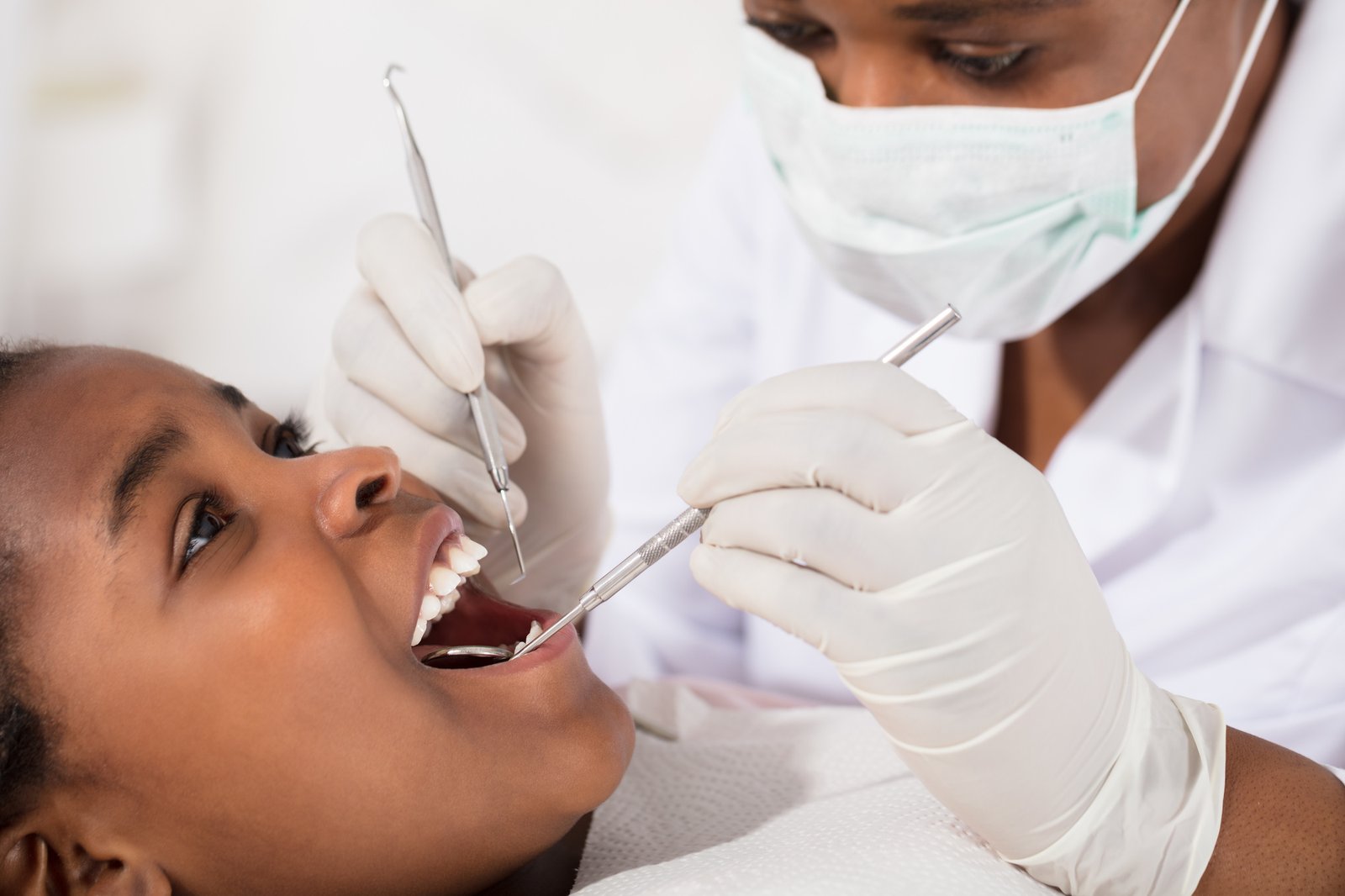Preventive dentistry is essential for maintaining long-term dental health, helping to avoid the pain, expense, and complications of oral diseases. By understanding and implementing key preventive strategies, individuals can significantly reduce the risk of developing tooth decay, gum disease, and other dental problems.
The Importance of Regular Dental Check-Ups
Regular dental check-ups are crucial in preventive dentistry. These appointments allow dental professionals to perform comprehensive exams, identify and treat problems early, and provide professional teeth cleanings that remove plaque and tartar buildup, which are not always manageable with at-home care alone. These visits also offer an opportunity for dentists to assess the effectiveness of a patient’s oral hygiene practices and make necessary adjustments.
Daily Oral Hygiene: Beyond Brushing and Flossing
While brushing twice a day and flossing daily are foundational to dental health, other aspects of oral hygiene play a significant role in preventing dental diseases:
- Toothbrush Choice: Using a soft-bristled toothbrush is recommended to prevent gum damage while ensuring effective plaque removal.
- Toothpaste Selection: Toothpaste with fluoride is vital for strengthening tooth enamel and fighting decay.
- Mouthwash: An antibacterial mouthwash can help reduce the levels of bacteria that cause plaque and gum disease.
- Diet and Dental Health
Diet significantly affects oral health. Sugary foods and beverages are well-known culprits in tooth decay. Here are dietary tips to support dental health:
- Limit Sugary Snacks and Drinks: Reducing intake of these can dramatically decrease the risk of cavities.
- Eat Plenty of Fruits and Vegetables: These foods are high in water and fiber, which help clean teeth and freshen breath.
- Choose Dairy Products: Calcium-rich foods like milk, cheese, and yogurt help to rebuild tooth enamel and maintain bone strength.
- Fluoride Treatments and Dental Sealants
Fluoride Treatments: Professionally applied fluoride treatments are more concentrated than what is found in toothpaste or water supplies and can strengthen the teeth to resist decay.
Dental Sealants: Sealants are applied to the biting surfaces of teeth, blocking out food particles and bacteria and are particularly effective in preventing decay on the back teeth.
Patient Education and Awareness
Educating patients about the causes and prevention of dental problems is a fundamental part of preventive care. This includes teaching proper brushing and flossing techniques, discussing the impacts of lifestyle choices on oral health, and the importance of regular dental visits.
The Role of Preventive Dentistry in Overall Health
Preventive dentistry not only keeps your teeth healthy but also contributes to overall health. Infections that start in the mouth can lead to more serious medical problems including heart disease, stroke, diabetes, and pneumonia. Preventive practices are therefore vital components of a holistic approach to health maintenance.
All in All..
Preventive dentistry provides a proactive approach to maintaining oral health. It minimizes the risk of developing dental issues and contributes to a healthier, more confident life. For anyone looking to enhance their oral health practices, or address specific concerns, consulting with a skilled dental professional is an excellent next step.
Frequently Asked Questions About Preventive Dentistry
How often should I visit the dentist for a check-up?
Most dental professionals recommend visiting the dentist at least twice a year for a check-up and professional cleaning. However, some individuals, such as those with gum disease or a history of cavities, may need more frequent visits.
Can preventive dentistry help with bad breath?
Yes, preventive dentistry can significantly help in managing and eliminating bad breath (halitosis), which is often caused by bacteria buildup, gum disease, or leftover food particles. Regular cleanings and check-ups help maintain oral hygiene and reduce the causes of bad breath.
Are dental sealants just for children?
While sealants are commonly applied to children’s teeth as a preventive measure against cavities, adults can also benefit from them, especially if they have deep grooves in their molars where decay tends to occur.
Is there an age limit to benefit from fluoride treatments?
No, there is no age limit for fluoride benefits. Both children and adults can benefit from fluoride treatments to help strengthen the enamel and prevent decay at any age.
What are some signs that I might need more intensive preventive care?
Signs that you might need more intensive preventive care include frequent cavities, gum inflammation, persistent bad breath, or a history of periodontal disease. Consult with your dentist for a personalized preventive dentistry plan.
How can I improve my brushing and flossing techniques?
To improve your brushing and flossing techniques, use a soft-bristled toothbrush and fluoride toothpaste. Brush for at least two minutes, covering all surfaces of your teeth. For flossing, use a gentle “rocking” motion to guide the floss between your teeth, forming a ‘C’ shape around the tooth for thorough cleaning.
Does diet really affect my oral health?
Absolutely. A diet high in sugar and carbohydrates can increase the risk of tooth decay and gum disease. Eating a balanced diet rich in vegetables, fruits, and dairy products can help protect your teeth by providing essential nutrients and reducing the risk of cavities.

